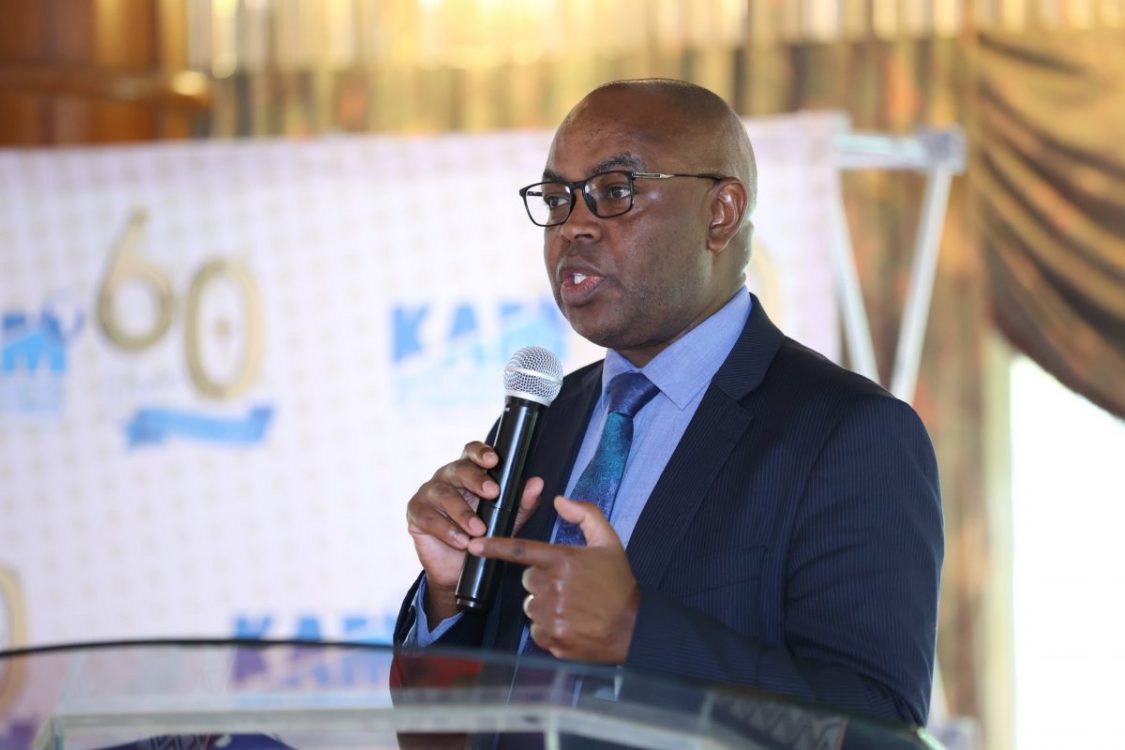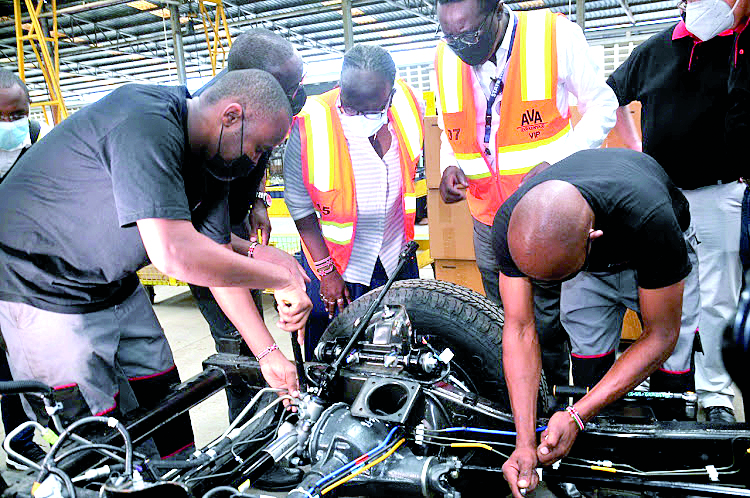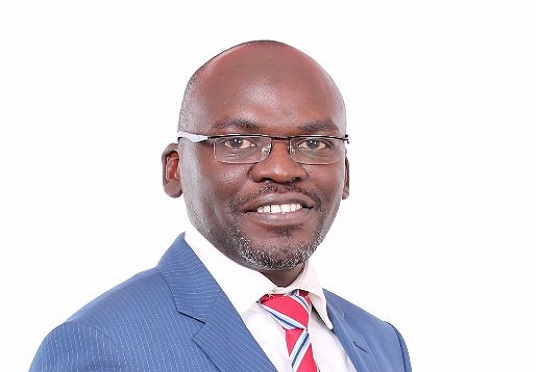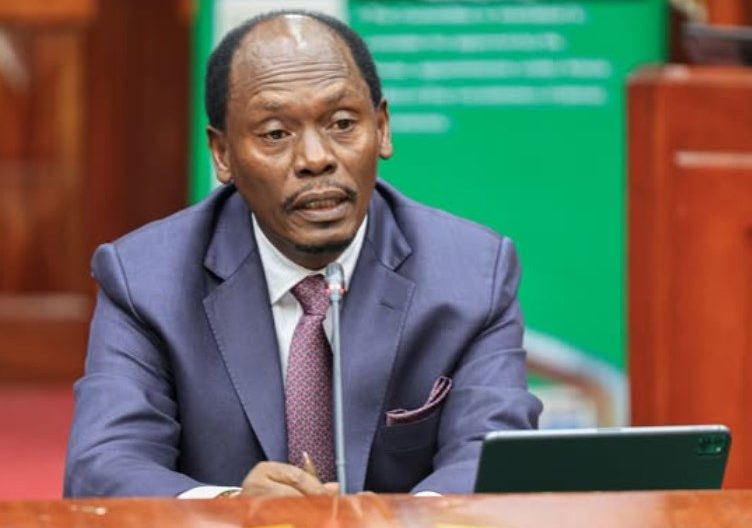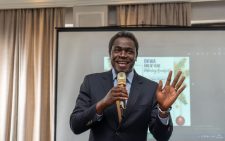Wakiaga leaves manufacturers’ caucus with her head held high

Phyllis Wakiaga, the CEO who became the face of the Kenya Association of Manufacturers (KAM) when the Covid-19 pandemic struck, is set to step out of the corner officer to take up a bigger advisory role for several countries in Africa.
Her role at KAM marks her as one of the women who offered leadership in the corporate world at a trying time for the economy. Now she is set to break a new glass ceiling in the world of business in her new role.
As CEO, she led KAM in making a promise to Kenyans that despite closed borders, essential supplies would be available.
Members of the association even started to innovate as was witnessed with attempts to manufacture face masks, syringes and other medical supplies.
The number of registered SMEs in manufacturing also went up, offering a ray of light in an otherwise dark period.
Under her leadership, many of the ideas that kept industries humming were conceptualised and captains of industry were encouraged to follow them through to keep the economy running.
For instance, Wakiaga was at the forefront in demanding that government facilitates the production and consumption of locally produced goods under the “Buy Kenya, Build Kenya” Initiative. She argued that Kenyan manufacturers had the capacity to serve local and export markets.
“My belief is that if conditions are right, we can do anything as a sector,” Wakiaga who sits on the board of KAM — an association with over 800 members — told the People Daily.
Wakiaga, who also announced her impending exit says the pandemic shocks presented the best and worst of her experiences since she joined KAM in 2013 as head of policy, research and advocacy.
“On the one hand, people suffered from businesses having to shut down. We also saw the resilience the industry demonstrated,” she says about one of the toughest economic periods Kenya has had to go through in recent years.
Two years after joining KAM, Wakiaga took over the leadership mantle from Betty Maina, now the Trade Cabinet Secretary.
Members of the association’s board say she will be remembered for the knowledge she brought to the sector and for positioning the association as the go-to adviser to government and other high-level entities on matters of manufacturing and trade.
“She has implemented many critical changes and instituted robust structures towards the transformation of the association,” the KAM board said in a statement announcing her departure after serving the association for nine years.
Tax policies
Wakiaga was part of a core private sector-led team involved in fast-tracking the East Africa Community manufacturing platform to tackle non-tariff barriers.
She was also involved in putting in place systems to spur the growth of SMEs and championing the formation of the Women in Manufacturing lobby group.
This was in addition to championing the setting up of the SME Hub at KAM. In the public space, she was instrumental in pushing for predictable tax policies.
“We have done a lot to open up dialogue and we have brought visibility back to the sector,” she says of her tenure.
But even as she prepares to exit, she still worries about the volatility of Kenya’s economy and how situations can suddenly switch beyond the control of manufacturers.
“How can we help the industry to make a difference, not just economically, but also socially and politically?”
That in part explains why she has been an advocate of collaborations across sectors and between the private sector and government.
Through such efforts, the association created inter-agency collaborations which proved that when systems speak with each other, results happen faster.
For instance, one reason why Kenya did not have a serious shortage of goods at the onset of the pandemic was that KAM members reached out to government officials and worked hard to ensure protocols were followed and production continued.
“We managed to grow manufacturing at 7.2 per cent,” she said.
Wakiaga believes that the policies she helped put in place can spur the manufacturing sector to grow Kenya’s gross domestic product (GDP) by 15 per cent in line with Vision 2030.
At the present, manufacturing accounts for about seven per cent. According to the Economic Survey 2022, Kenya’s economy expanded by 7.5 per cent in 2021 from a contraction of 0.3 per cent the previous year. Manufacturing was a major plank of last year’s growth, signalling its increasing importance to bake a bigger national cake.
“Looking at our competition, however, we feel that we are at a cost disadvantage of 10-12 per cent. We must address some of these costs to ensure that the cost of living goes down,” she said.
In her view, the challenges that have raised the cost of goods for consumers are beyond the control of manufacturers.
“I see manufacturing in two ways. I see what must be done at the firm level and country level. Manufacturers must build their firms. Then there is the policy level where we can advocate and help build policy but it must be implemented by the government,” she said.
“Manufacturing is just a cog. If we get loans at 13 per cent but others are getting them at 1 per cent, they have already beaten us. If you want to bring the cost of living down, tackle the cost of doing business. Once this is done, market forces will play their part to stabilise prices,” she said.
This may probably explain her expected shift to a continental advisory role in July. However, the staunch Seventh Day Adventist was unwilling to reveal more details before she officially takes up the new role.
“I would love to continue working in this policy space,” she said.
Armed with two Master’s degrees, in law and an MBA, she hopes to better her mother’s academic excellence with a PhD.
“I shall also be taking some time to finalise my PhD research as I envision graduating in December.”
Career women
Just into her 40s, Wakiaga hopes that as one of a small club of women CEOs, she has managed to inspire more women to top executive positions.
“The knowledge you acquire both at work and school will help you make huge strides in all the areas you are passionate about,” she said.
Under her leadership, KAM started the Women in Manufacturing Programme to help more women to venture into manufacturing, meaning she has walked the talk. This is a formal mentorship programme to encourage more women to take up manufacturing.
While Wakiaga is passionate about her job, she regrets that it steals valuable time from her husband and children. To makeup, she tries to bond with her family by going home early in her effort to achieve the work-life balance that evades many career women.
She also still finds time to jog and read.
Currently, she is re-reading This Chid will be Great, the biography of former Liberian President Ellen Sirleaf Johnson.
The long and short of it is that she has done her bit at KAM.
“It is now the right time for me to exit and pursue other interests,” said the mother of four who has been juggling her time between press conferences, factories, boardrooms, home, church and class.
Visiting factories with engineer father inspired Wakiaga’s career choice
Growing up in Ngumo area of Nairobi, her father, an engineer, often interrupted her play to take her and her siblings to work with him.
Since the father visited many factories, Wakiaga had ample opportunity to walk around the factory floors and get the hang of manufacturing at a relatively young age.
Among the top firms, she visited were Chemelil Sugar and East Africa Industries, now known as Unilever. While she did not become an engineer, the fruit did not fall far from the tree, and like her father, she has been a key leader in manufacturing and industry.
As Head of Policy Research and Advocacy Unit at KAM from 2013, she provided overall guidance in policy and advocacy at the lobby group.
She successfully led the partnership with the National Council on the Administration of Justice to develop a manual to combat illicit trade which gobbled up close to Sh3 billion in Kenya.
She represents KAM on the Kenya Industrial Property Institute (KIPI), Anti-Counterfeit Agency, and Comesa Business Council and is a member of the Kenya Consumer Protection Advisory Committee.
She is the UN Global Compact Network Representative in Kenya and sits on the Board of KAM and the Kenya Electricity Generating Company (KenGen).
